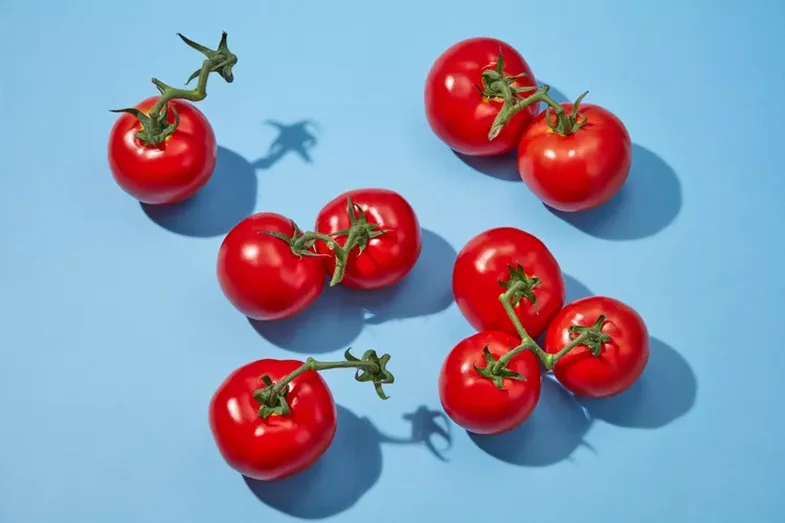
The refrigerator may be the safe place to store various foods, but the truth is different. Some vegetables or certain products, if stored for a long time in the refrigerator, cause them to change their taste, but also their shelf life.
If you are a little more attentive, you can extend the quality, but also the lifespan of some products, which are as follows:
#1 Extra virgin olive oil
Extra virgin olive oil should always be stored in a dark, airtight container at room temperature and not in the refrigerator for several reasons. Scientist William Li explains that if olive oil is stored in the refrigerator, "crystals will form and the oil will become cloudy and hard."
#2 Potatoes
Cooling negatively affects their taste, so store potatoes in a dark place to block moisture and consequently rot.
#3 Bananas
"Bananas are a good source of potassium and beneficial fiber," says Li. To get the most out of it, it's best to keep them out of the fridge. "Bananas should be kept at room temperature to help them ripen, but not in the refrigerator."
#4 Bread
The refrigerator dries the bread quickly. Instead, keep the portion you consume quickly at room temperature and the rest in the freezer.
#5 Onions
Onions, like potatoes, should be kept in a dark place, but be careful! Keep onions away from potatoes, because the latter release moisture and can lead to their rotting.
#6 Garlic
"Garlic should be stored in a cool, dry area," says Li. "In the refrigerator, garlic softens and dries out, causing it to start sprouting."
#7 Tomatoes
"In the refrigerator, tomatoes lose their flavor and texture and begin to break down the cells," adds Li. Storing tomatoes in the fridge can also make them mushy, so leave them somewhere in the kitchen, without a paper or plastic bag.
#8 Coffee
Refrigerators (and freezers) create condensation, which can affect the taste of ground coffee and coffee beans.
#9 Pumpkins
It's not a good idea to refrigerate squash, but if you do, cut it into small pieces and put it in an airtight container in the fridge.
#10 Spicy sauce
A purchased or made sauce, if well sealed in bottles or jars, can be stored in a warehouse or kitchen environment, without the need to be placed in the refrigerator.
Suggested Articles:
Source: Real Simple







